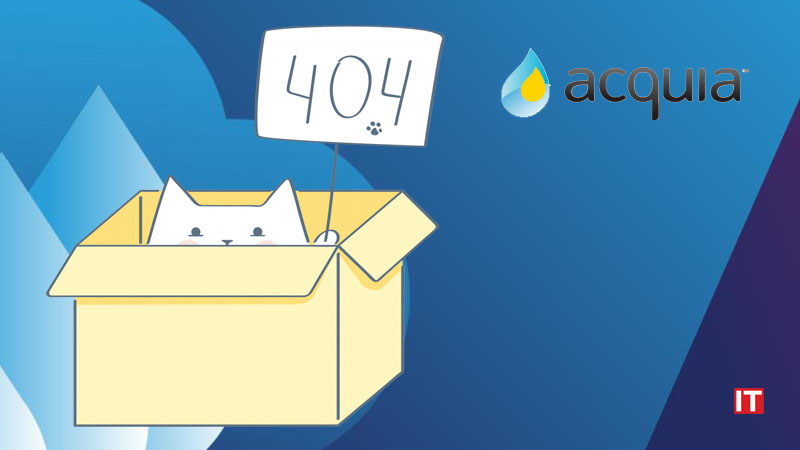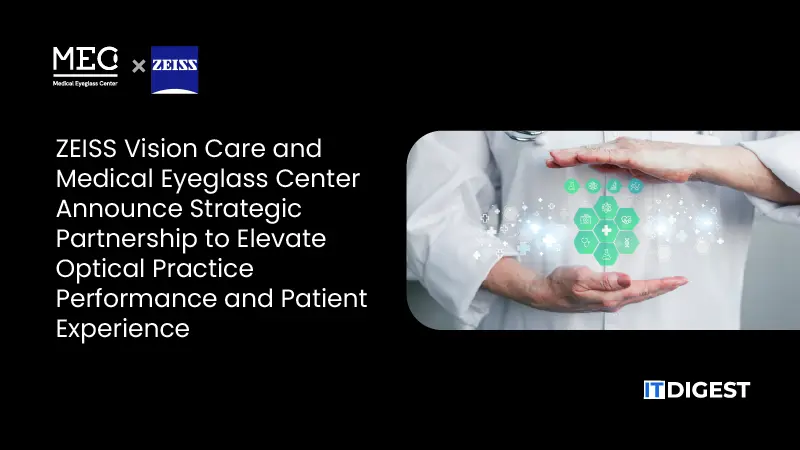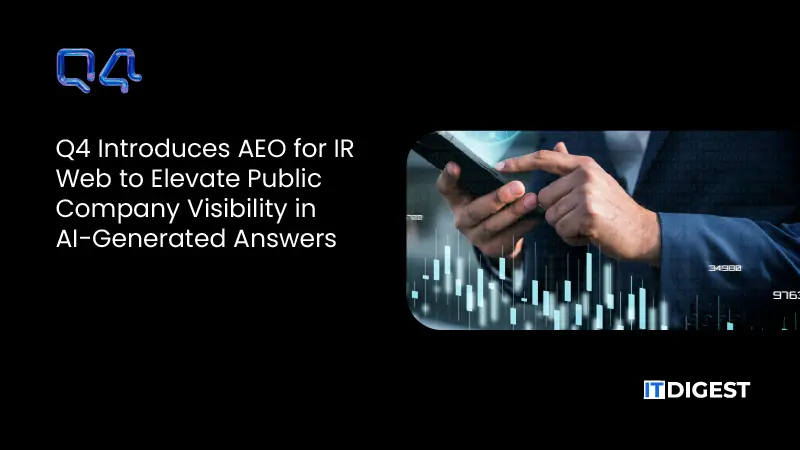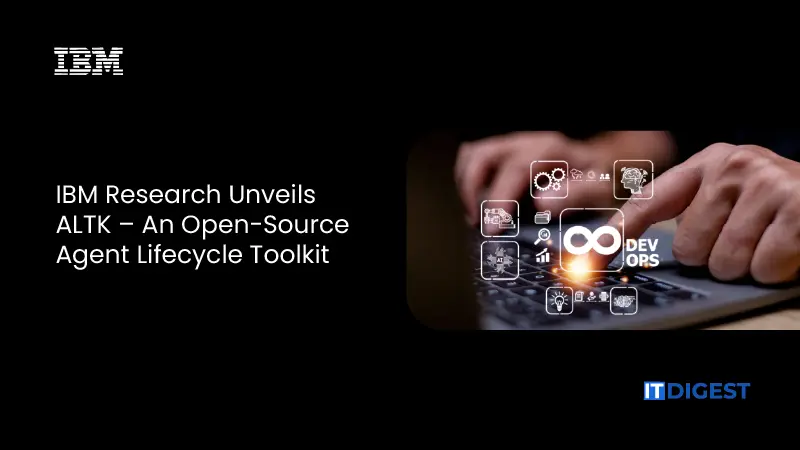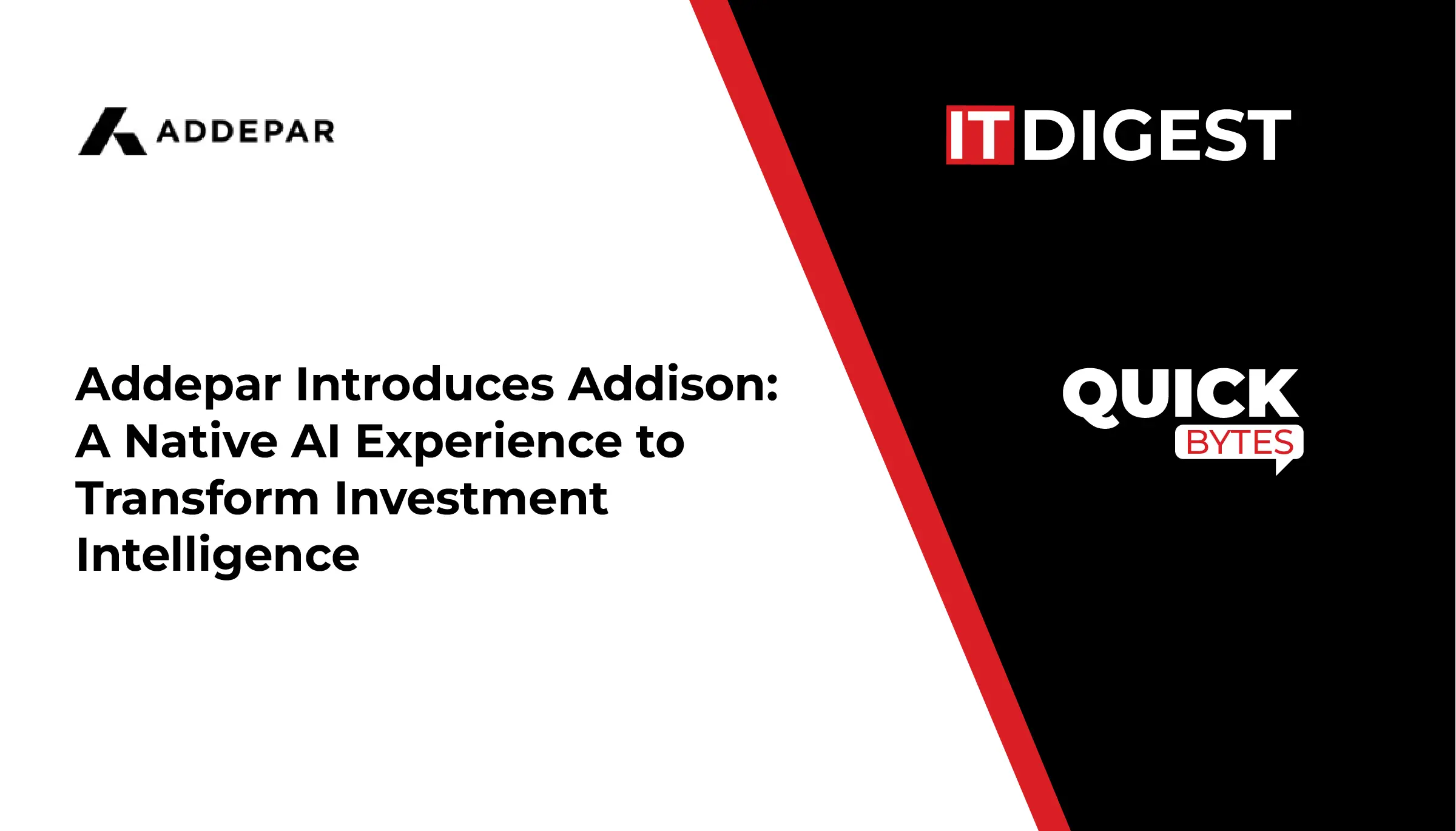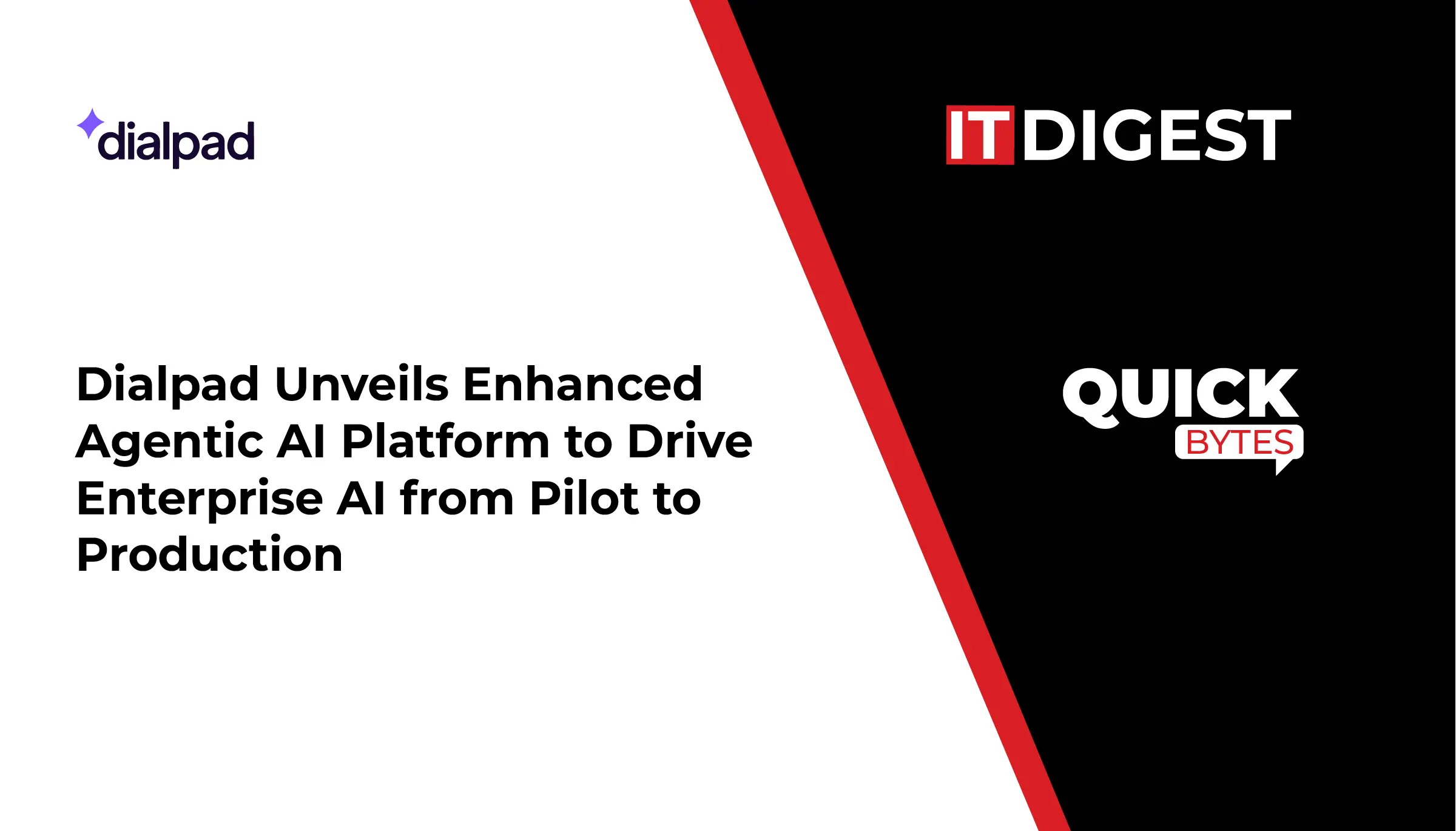IBM Research announced the release of the Agent Lifecycle Toolkit (ALTK), an open-source initiative developed to help enterprises build more robust, reliable agents that can reason, call tools, produce structured outputs and operate at enterprise scale.
As the agentic paradigm gains momentum, developers are building increasingly sophisticated agents powered by large language models (LLMs) capable of reasoning, calling tools, and producing structured outputs. But as these agents grow in complexity, challenges such as brittle tool calls, silent failures, inconsistent outputs and reasoning that misses the mark become more pronounced.
IBM Research recognised that while many agentic solutions begin simply with an LLM calling tools in a loop, enterprise-grade agents require substantial additional logic around the model and tool interactions in order to become robust, adaptable and precise at scale.
The ALTK toolkit is designed to meet those needs. Whether an agent is qualifying leads, generating follow-ups or updating deals, ALTK provides modular components that can be inserted into any pipeline to improve performance across reasoning, tool execution and output validation while avoiding lock-in to any specific framework.
Key lifecycle components of ALTK include:
-
Spotlight (Pre-LLM): emphasises important spans in prompts to steer LLM attention.
-
Refraction (Pre-tool): validates and repairs tool call syntax to prevent execution failures.
-
SPARC (Pre-tool): performs semantic pre-execution analysis to ensure tool arguments match specifications and request semantics.
-
JSON Processor (Post-tool): generates code on the fly to extract relevant data in large JSON responses.
-
Silent Review (Post-tool): detects subtle semantic tool errors and assesses relevance, accuracy and completeness of tool responses.
-
RAG Repair (Post-tool): enables agents to recover from failed tool calls using retrieval-augmented generation and domain-specific documents.
-
Policy Guardrails (Pre-response): ensures agent outputs comply with defined policies or instructions, and repairs them if needed.
Also Read: Azul & Cast AI Team Up to Boost Java Performance & Cut Cloud Costs
ALTK integrates seamlessly into both visual development environments and production pipelines. Notable integrations include support for Langflow a visual programming interface for LLM agents and the ContextForge MCP Gateway, which enables external configuration of ALTK components without modifying the agent’s core logic. This separation of concerns allows developers to activate or tune components such as SPARC or JSON Processor via configuration rather than code changes.
IBM Research has made ALTK available as an open-source project on GitHub, with installation instructions and sample pipelines provided. Documentation is also publicly accessible.
The minimal integration footprint means that enterprises and developer teams can incorporate sophistication into agentic workflows quickly and efficiently. For instance, using SPARC enables validation of tool calls before execution reducing runtime failures and improving latency and reliability with only a few lines of code.
IBM Research invites builders, developers and the community at large to extend, remix and evolve the toolkit, and to provide feedback on its utility across domains and use cases. The intent is for ALTK to become a foundational building block for intelligent, reliable and adaptable agents.


